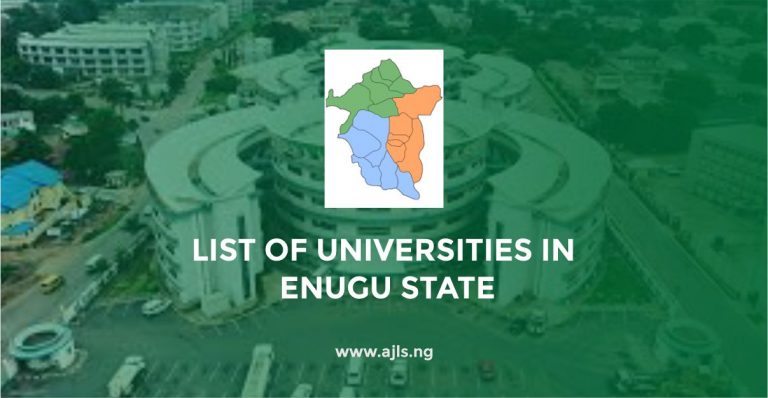JAMB Subject Combination for Metallurgical Engineering

For students who have completed their O’Level exams and are preparing for JAMB UTME, hoping to study a course like Metallurgical Engineering, they must be sure they choose the right subject combination to qualify for admission into their chosen university. Selecting the correct JAMB subject combination ensures that they meet the eligibility requirements set by the universities offering Metallurgical Engineering in Nigeria. Failure to choose the right subjects may lead to disqualification, requiring the candidate to either rewrite JAMB or change their course.
Metallurgical Engineering is a specialized branch of engineering that focuses on the study of metals, their properties, extraction, processing, and applications in various industries. If you aspire to study Metallurgical Engineering in a Nigerian university, selecting the correct JAMB Subject Combination for Metallurgical Engineering and meeting the admission requirements are essential.
This article provides a detailed guide on the JAMB Subject Combination for Metallurgical Engineering, O’Level requirements, Direct Entry qualifications, and universities offering Metallurgical Engineering in Nigeria.
JAMB Subject Combination for Metallurgical Engineering
To gain admission into a university for Metallurgical Engineering, you must register for the following four (4) subjects in the Unified Tertiary Matriculation Examination (UTME):
- English Language
- Mathematics
- Physics
- Chemistry
Important Notes
Some universities may accept Further Mathematics as an additional requirement for candidates with strong mathematical skills. Biology is not required for Metallurgical Engineering.
Additionally, they should check the O’Level requirements, prepare for post-UTME screening, and research universities that align with their career goals.
O’Level Requirements for Metallurgical Engineering
To be eligible for admission, you must have at least five (5) credit passes in your Senior Secondary School Certificate Examination (SSCE) (WAEC, NECO, or NABTEB). The required subjects include:
- English Language
- Mathematics
- Physics
- Chemistry
- Any other science subject (e.g., Further Mathematics, Technical Drawing, or Biology)
Note: Some universities may accept a credit in Technical Drawing in place of another science subject.
Direct Entry Requirements for Metallurgical Engineering
For candidates applying via Direct Entry (DE), the following qualifications are required:
- A-Level Passes in Mathematics, Physics, and Chemistry.
- National Diploma (ND) or Higher National Diploma (HND) in Metallurgical Engineering, Mechanical Engineering, Materials Engineering, or any other relevant engineering course with a minimum of Upper Credit.
- NCE (Nigeria Certificate in Education) with good grades in Mathematics, Physics, and Chemistry.
Tip: Direct Entry candidates often have an advantage, as they can start from 200 level instead of 100 level.
JAMB Cut-Off Mark For Metallurgical Engineering
The JAMB cut-off mark for Metallurgical Engineering varies across Nigerian universities and can change annually based on factors like applicant performance and available admission offers. Generally, the minimum JAMB score required for admission into engineering programs ranges from 180 to 200.
Post-UTME Screening
After passing JAMB, candidates must participate in their chosen university’s post-UTME screening, which may include a written test or document verification.
Universities Offering Metallurgical Engineering in Nigeria
Several Nigerian universities offer Metallurgical Engineering as a standalone program or as part of Materials & Metallurgical Engineering. Some of the top institutions include:
Federal Universities:
- Federal University of Technology, Akure (FUTA)
- Federal University of Technology, Owerri (FUTO)
- Ahmadu Bello University (ABU), Zaria
- University of Lagos (UNILAG)
- University of Nigeria, Nsukka (UNN)
- Obafemi Awolowo University (OAU), Ile-Ife
- Bayero University, Kano (BUK)
- University of Ilorin (UNILORIN)
State Universities:
- Enugu State University of Science and Technology (ESUT)
- Ladoke Akintola University of Technology (LAUTECH)
- Rivers State University (RSU)
- Abubakar Tafawa Balewa University (ATBU), Bauchi
Private Universities:
- Covenant University, Ota
- Afe Babalola University, Ado-Ekiti (ABUAD)
Career Opportunities for Metallurgical Engineers
Graduates of Metallurgical Engineering have a wide range of career opportunities in industries that involve metal extraction, processing, and manufacturing. Some potential job roles include:
- Metallurgical Engineer (in steel, aluminum, and other metal industries)
- Materials Engineer
- Quality Control Engineer
- Mining Engineer
- Corrosion Engineer
- Welding Engineer
- Manufacturing Engineer
- Automobile and Aerospace Engineer
Metallurgical Engineers work in industries such as mining, construction, manufacturing, oil & gas, automobile production, and aerospace engineering.
Final Thoughts
Metallurgical Engineering is a highly technical and rewarding course with vast career opportunities. To secure admission, ensure you choose the correct JAMB subject combination (English, Mathematics, Physics, and Chemistry). Meet the O’Level requirements (at least five credits including Mathematics, Physics, and Chemistry).
For Direct Entry, have strong A-Level, ND, HND, or NCE qualifications in relevant fields. If you need further guidance on cut-off marks, post-UTME exams, or university selection, feel free to ask!





